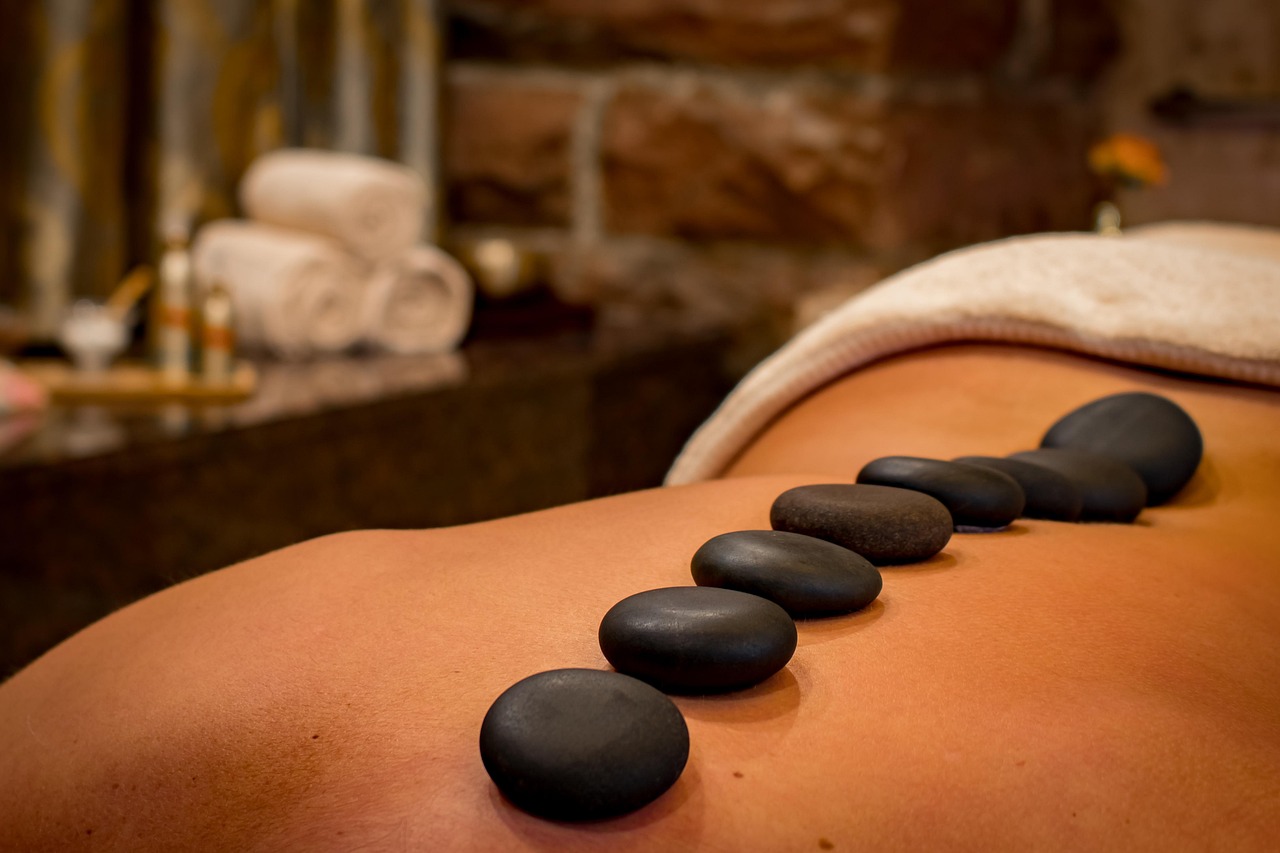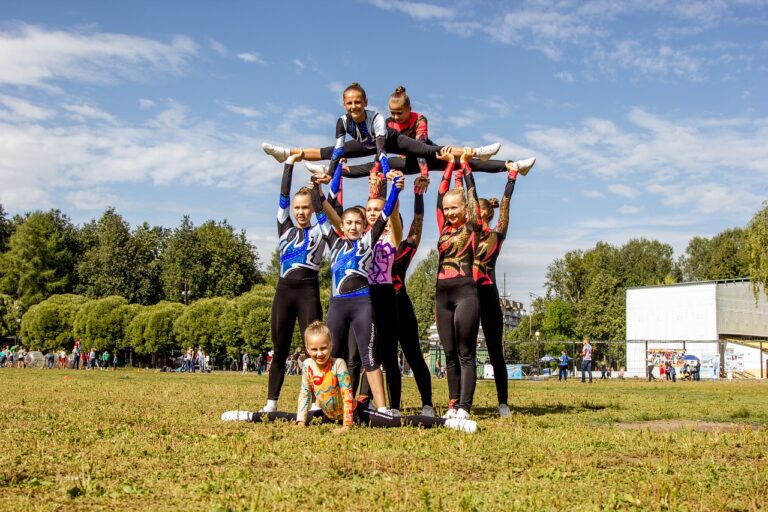Health Benefits of Rock Climbing Therapy: Overcoming Challenges and Building Confidence
Rock climbing therapy offers a unique way to improve physical fitness while also benefiting mental health. As climbers navigate various routes and challenges, they engage multiple muscle groups, leading to increased strength, endurance, and flexibility. The dynamic movements required in rock climbing help to enhance coordination and balance, promoting overall physical well-being.
Furthermore, rock climbing therapy can be a fun and engaging alternative to traditional exercise routines. Climbers can experience a sense of accomplishment and self-confidence as they conquer new climbs and push past their limits. This activity also provides a full-body workout, strengthening muscles in the arms, back, core, and legs. The adrenaline rush and endorphin release from rock climbing can also help reduce stress and improve mood.
Improving Mental Health Through Rock Climbing
Rock climbing has been shown to have a positive impact on mental health by providing a sense of accomplishment and boosting self-esteem. As individuals push themselves to conquer challenging routes, they develop a greater sense of self-efficacy and confidence in their abilities. This can translate into improved mental well-being and overall positive outlook on life.
Moreover, rock climbing can serve as a form of mindfulness practice, as climbers are required to be fully present in the moment and focus on their movements and surroundings. This meditative aspect of the sport can help individuals reduce stress and anxiety, promoting a sense of calm and mental clarity. Additionally, the social aspect of rock climbing, such as belaying for a partner or receiving encouragement from fellow climbers, can enhance feelings of camaraderie and support, contributing to improved mental health.
• Rock climbing provides a sense of accomplishment and boosts self-esteem
• Individuals develop greater self-efficacy and confidence in their abilities
• Improved mental well-being and positive outlook on life result from conquering challenging routes
• Rock climbing serves as a form of mindfulness practice, promoting presence in the moment
• The meditative aspect helps reduce stress and anxiety, fostering calmness and mental clarity
• Social interactions in rock climbing enhance feelings of camaraderie and support
Enhancing Problem-Solving Skills with Rock Climbing
Rock climbing is more than just a physical challenge—it also offers a unique opportunity to enhance problem-solving skills. When faced with a challenging route or boulder problem, climbers must carefully analyze the situation, assess the available holds, and strategize their movements to overcome obstacles. This process of problem-solving requires critical thinking, adaptability, and creativity, skills that are essential both on and off the climbing wall.
By regularly engaging in rock climbing, individuals can improve their ability to think quickly and make decisions under pressure. Climbers must often adjust their movements and problem-solving strategies in real-time as they encounter unexpected obstacles or challenging routes. This constant need for problem-solving in a dynamic environment can help individuals develop resilience, mental agility, and perseverance in the face of difficult situations.
How can rock climbing help improve problem-solving skills?
Rock climbing requires strategic planning, critical thinking, and quick decision-making, which can enhance problem-solving skills in individuals.
Can rock climbing therapy benefit mental health?
Yes, rock climbing therapy has been shown to improve mental health by reducing stress, anxiety, and depression, while promoting feelings of accomplishment and self-confidence.
What are some of the physical benefits of rock climbing?
Rock climbing helps improve strength, flexibility, balance, and cardiovascular fitness. It also provides a full-body workout and can help with weight management.
Is rock climbing suitable for all ages and fitness levels?
Yes, rock climbing can be adapted to suit individuals of all ages and fitness levels. Beginners can start with easy routes and gradually progress to more challenging climbs as they build strength and skills.







